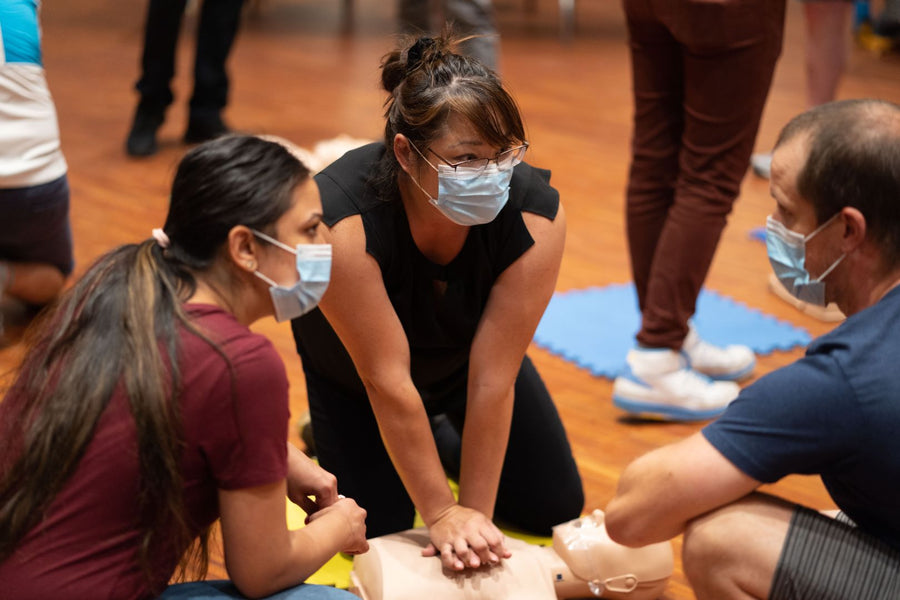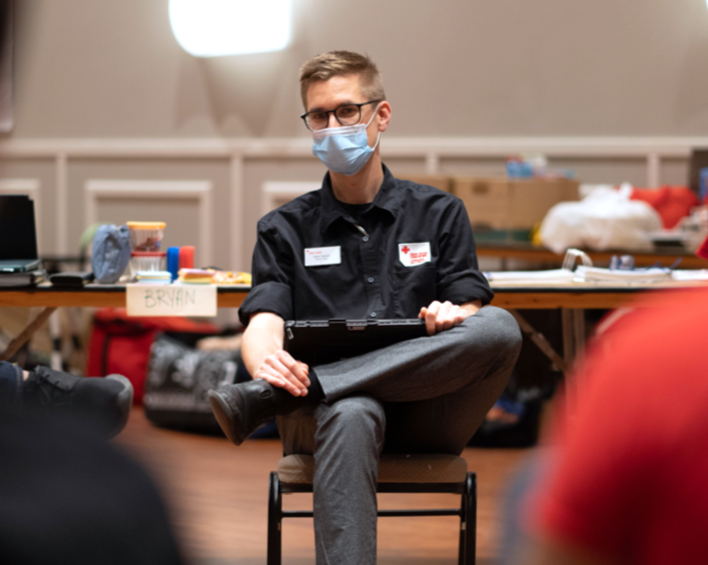
15 people turned back at B.C.-Yukon border in past 10 days
Photo Credit: Maya Tani
43 complaints about possible infractions to public health orders
Fifteen people have been turned away at the Yukon-B.C. border since the Yukon government banned non-essential travel into the territory on April 17, says a government spokesperson.
So far, none have been turned back at Erik Nielsen International Airport in Whitehorse.
The border closure was one of the new orders under the Civil Emergency Measures Act (CEMA). Other CEMA orders have been in place since April 2. Those orders include self-isolating for 14 days when arriving in the territory, a ban on eat-in service at restaurants and no gatherings of more than 10 people.
It is unclear how many of the people who were turned away were Canadian or American.
The Yukon government is not keeping track of the personal information of people who were denied entry, said Keely Bass, the acting information officer at Yukon's emergency co-ordination centre, in an email to CBC News.
Bass says Americans can be permitted entry for 24 hours if they are travelling to Alaska.
Bass says people can enter the territory if they provide "acceptable evidence to an enforcement officer" that they are:
- Yukon residents.
- Non-resident family members of Yukon residents.
- Delivering a critical or essential service.
- Transiting through Yukon to a neighbouring jurisdiction within 24 hours.
- Exercising an Indigenous or treaty right (for the time needed to exercise the right).
"This means that those people denied entry to Yukon did not fit under one of these categories," said Bass.
43 complaints for not following orders
There have been 43 complaints about people possibly not following the orders, said
Bass says most complaints have been from Whitehorse and the rest are split between five communities. She says the complaints have been varied.
"If we do receive a complaint, one of our investigation officers will follow up on the complaint. Usually they try to use education as the first tool so the individual understands the CEMA order and that way we can ensure voluntary compliance," said Bass.
Bass says there are over 20 enforcement officers, who are government officials, including conservation and natural resource officers.
Under the Civil Emergency Measures Act, a person can be fined up to $500, get up to six months in prison, or both, for violating public health orders.
Sourced From: CBC News - Jane Sponagle
For more first aid news, first aid training, first aid courses, first aid gear and more visit us at: Pacificfirstaid.ca







